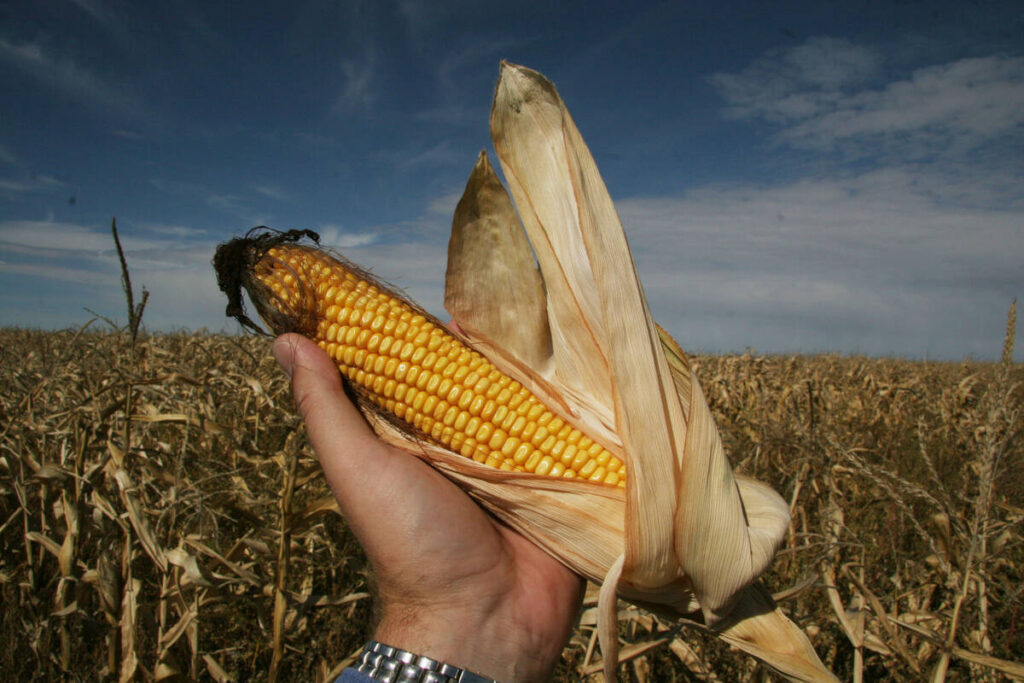Corn protein could solve battery problem

WINNIPEG — Corn has a wide variety of uses. Besides food, byproducts such as dextrose, dextrins and corn starch are used to make all sorts of things, including toothpaste, aspirin and matches.
The latest use could be in batteries.
Scientists at the University of Washington have learned that corn protein can improve the performance of lithium-sulfur batteries.
Read Also


More cash needed for trade offices: farm group
Governments don’t trade with other nations, says the University of Manitoba agricultural economist. An individual business in Calgary or Vancouver sells products to customers in other countries, not the federal government in Ottawa.
The researchers discovered that a “protective barrier made of corn protein, in combination with a commonly used plastic, significantly improved the performance of a button-sized lithium-sulfur battery,” says a university press release.
“The battery could hold its charge over 500 cycles, a significant improvement over batteries without the protective corn barrier, known as a separator.”
Scientists in America and other countries are studying the potential of lithium-sulfur batteries, which are lighter, cheaper and potentially more powerful than lithium-ion batteries.
The Li-S battery has a sulfur-containing positive electrode (cathode) with a lithium metal negative electrode (anode), says a description from Argonne Laboratories in Chicago.
In between those components is the electrolyte, or the substance that allows ions to pass between the two ends of the battery.
Solidon, a company with headquarters in Dallas, says lithium-sulfur batteries would be significantly cheaper to manufacture because sulfur is relatively cheap.
“A combination of extremely low sulfur cost and exceptional energy density ensures that a (lower) battery cost … is now well within reach. The EV battery cost of $6,500 for a 100 kWh battery pack (providing a driving range of 500 miles) will soon be comparable to the cost of a combustion engine.”
Returning to the corn part of the story, the major challenge with lithium-sulfur batteries is that the materials are not stable.
Sulfur species (known as poly-sulfides) dissolve into the electrolyte, causing its corrosion. This compromises battery life and reduces the number of times the battery can be recharged.
As well, the lithium side of the battery often produces spikes of lithium metal, called dendrites, which can cause an electric short circuit, says a University of Washington press release.
To prevent that from happening, the scientists used corn protein as a separator in the middle of the battery.
“The building blocks of the protein are amino acids, which reacted with the battery materials to improve the movement of lithium ions and inhibit the shuttle effect (leaking sulfur),” says the release.
The early results are promising, but the researchers will need to repeat the experiments on a larger scale.
They hope to work with battery manufacturers to test the corn protein barrier on batteries that are much larger than a button.
Contact robert.arnason@producer.com
Source: www.producer.com


